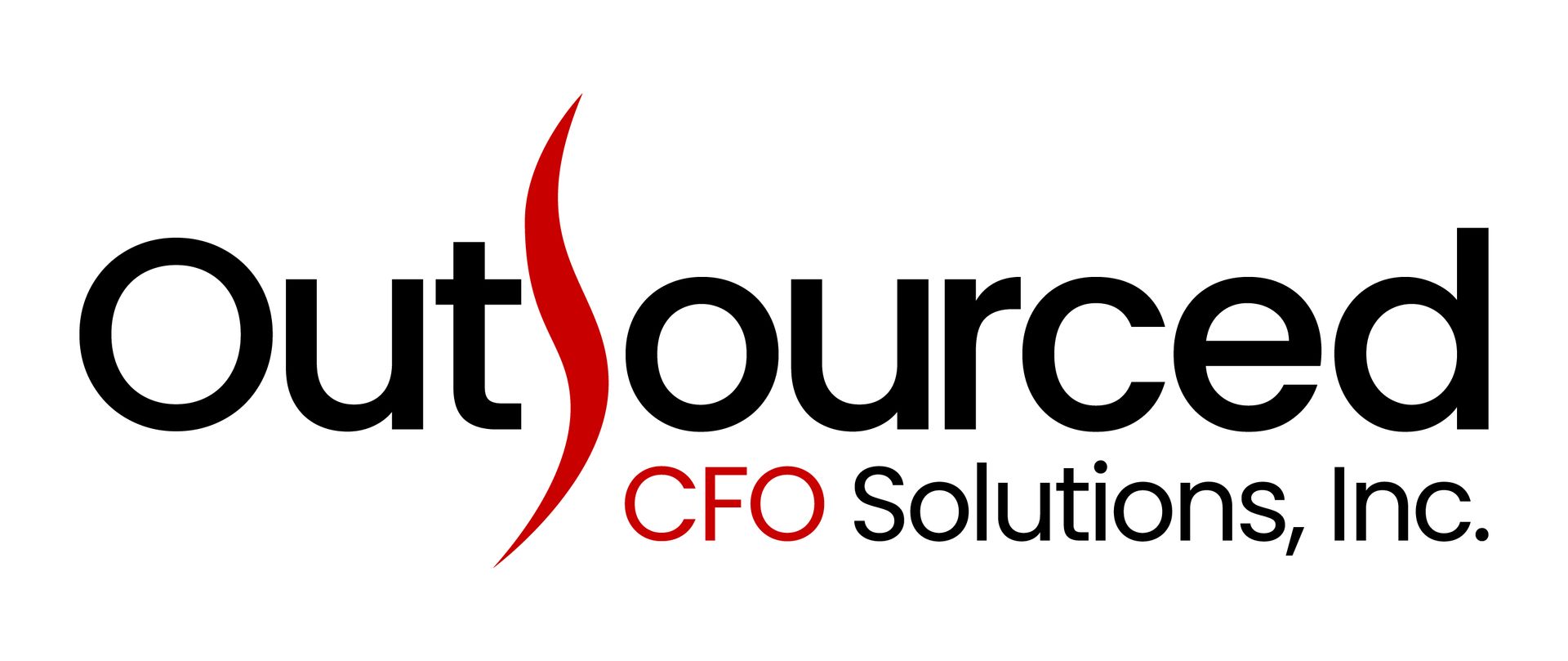What the New “Big Beautiful Bill” Means for Business Owners and Taxpayers
A First Look at Key Tax and Business Changes in the “Big Beautiful Bill”
On July 4, 2025, a sweeping piece of legislation—the so-called “Big Beautiful Bill”—was signed into law. While there’s plenty of buzz (and plenty of opinions) surrounding this massive bill, we’re focused on what matters most to our clients: the tax and business updates that could shape your strategy going forward.
If you're a small business owner, entrepreneur, or someone actively managing your tax liability, this bill introduces some meaningful changes—and opportunities. We're still awaiting full guidance from the IRS and other federal agencies, but here's a high-level breakdown of what you should know now.
Major Wins for Business Owners
At its core, this bill aims to make permanent or expand several popular tax incentives for business owners. Whether you're running a pass-through entity, investing in equipment, or thinking about succession planning, there are provisions here that deserve your attention.
20% Pass-Through Deduction Made Permanent
The Qualified Business Income (QBI) deduction, introduced under the 2017 Tax Cuts and Jobs Act, was set to expire in 2026. This bill makes it
permanent. That means S corporations, partnerships, and sole proprietors can continue to deduct up to 20% of their qualified business income, potentially reducing their effective tax rate by a significant margin.
If you're currently structured as a C corporation and have been considering converting to a pass-through entity, this change could impact that decision. It's a great time to revisit your entity structure with your tax advisor.
Expanded Section 179 Expensing
The bill significantly increases the limit for Section 179 expense, allowing businesses to immediately deduct more of their equipment and asset purchases rather than depreciating them over time. This can be a valuable tool for cash-flow management and year-end tax planning, especially for companies investing in machinery, vehicles, technology, or office improvements.
Bonus Depreciation
Restoration of 100% Bonus Depreciation: The OBBBA permanently restores 100% bonus depreciation for qualified property acquired and placed in service on or after January 19, 2025
Increased Estate and Gift Tax Exemptions
Planning to pass your business or other assets to the next generation? The bill raises the estate and gift tax exemption again, well above current levels.
$15 million per individual, starting in 2026
$30 million for married couples, starting in 2026
The OBBBA did not modify the annual gift tax exclusion, which is currently $19,000 per individual.
This offers an extended runway for succession planning and asset transfers without triggering estate tax exposure. Whether you’re considering a limited family partnership, trust strategy, or full business transition, this could be the moment to act.
We expect these limits to be indexed for inflation, and we’ll be tracking how this shapes estate planning opportunities through the end of the decade.
Updates for Entrepreneurs and Investors
Beyond traditional small businesses, the bill also includes incentives aimed at startups and those investing in early-stage companies.
Enhanced QSBS (Qualified Small Business Stock) Rules
The bill expands the parameters around QSBS in several ways:
- The gross asset threshold for qualifying companies has been raised to $75 million.
- A new tiered gain exclusion structure has been introduced:
- 50% of gains excluded after 3 years
- 75% after 4 years
- 100% after 5 years
This is designed to encourage long-term investment in small businesses and emerging companies. If you’ve received stock in a startup or are considering early-stage investments, these updates could significantly affect your capital gains planning.
Carried Interest and Private Equity
While not widely publicized, the final version of the bill retains some of the more favorable treatment of carried interest, as well as interest deductibility for certain leveraged entities. This is a nod to private equity and larger investment partnerships—and might not affect every business owner directly—but it helps signal where policymakers are focusing.
New Personal Tax Breaks That May Benefit Owners Too
While much of the attention has focused on business provisions, there are a few personal income tax updates that could be relevant, especially for business owners who also earn W-2 wages or tip income.
No Federal Tax on Tips & Overtime (Up to a Limit)
For W-2 employees, including those who work part-time in service-based businesses or hospitality, there’s a new provision that excludes tip income and overtime pay from federal tax, up to a capped amount.
No tax on tips, with limitations
- New Deduction: A new federal income tax deduction of up to $25,000 is available for "qualified tips" received in occupations that traditionally and customarily received tips before December 31, 2024.
- Deduction Period: This deduction is temporary and applies to tax years 2025 through 2028.
- Income-Based Phase-Out: The deduction begins to phase out for individuals with a modified adjusted gross income (MAGI) above $150,000 ($300,000 for those married filing jointly).
- No Payroll Tax Exemption: It's important to note that this deduction only applies to federal income tax. Workers will still be required to pay Social Security and Medicare taxes on their tips.
- Employer Benefit: The new law also expands a tax credit for certain businesses, allowing them to claim credits for payroll taxes paid on tips similar to how restaurants currently do.
Auto Loan Interest Deduction for U.S.-Made Vehicles
Another quirky addition: a new above-the-line deduction for
interest paid on auto loans, but only for vehicles manufactured in the U.S. The deduction caps at $10,000 in interest and applies to both personal and business-use vehicles.
This may not be a top-tier planning opportunity for every client, but for those financing multiple vehicles under their business (delivery vans, service trucks, etc.), it’s something to factor into future decisions.
What Should You Be Doing Now?
We always recommend a proactive approach to tax planning, and this legislation only reinforces that.
Here are a few steps to take now or in the coming months:
- Review your entity structure. The permanence of the QBI deduction may make pass-through entities more favorable. Consider whether your current setup is still the best fit.
- Plan for year-end equipment purchases. With increased Section 179 limits, the second half of 2025 could be a strategic time to reinvest in your business—especially if you’ve been putting off upgrades.
- Think about succession planning. If you’re planning to pass your business or other assets to family, the updated estate tax exemption creates a window of opportunity to explore gifting, trusts, and business transition strategies.
- Watch for IRS guidance. The headlines are exciting, but we’re still waiting for the technical instructions that tell us how this will be implemented. We’ll be keeping clients in the loop as more information is released.
Final Thoughts
The “Big Beautiful Bill” offers some powerful tools for business owners and taxpayers looking to maximize deductions and reduce their long-term tax burden. While the media coverage often focuses on the political back-and-forth, what matters most is how this law affects your bottom line.
We’re optimistic about the planning opportunities this creates, but, as always, the details matter. We’ll be monitoring developments closely and reaching out to clients when action is needed.
Questions? We're here to help, contact us today!
⚠️ Important Disclaimer:
This bill was signed into law on July 4th, 2025, and many of the provisions, especially those related to new deductions and implementation timelines, are still being clarified by the IRS and other federal agencies. This blog is intended for general information only and does not constitute tax, legal, or financial advice. Please consult with your tax advisor before making decisions based on this information.



